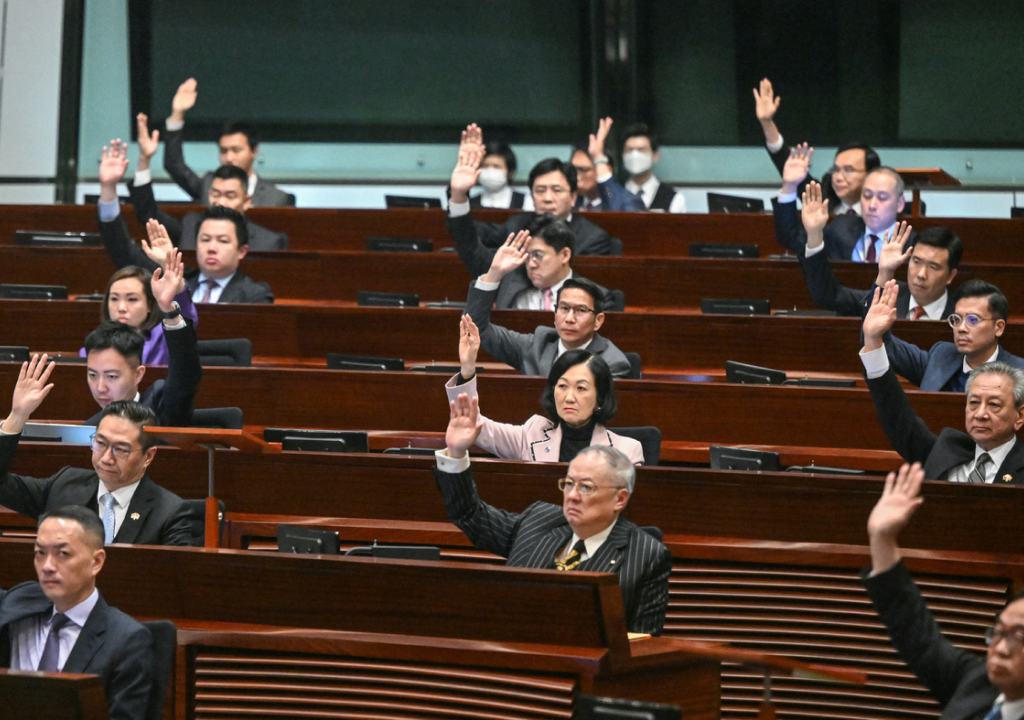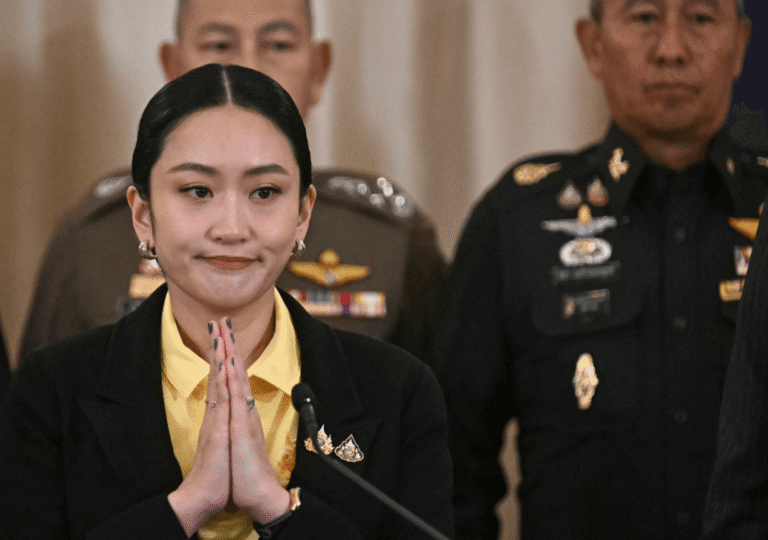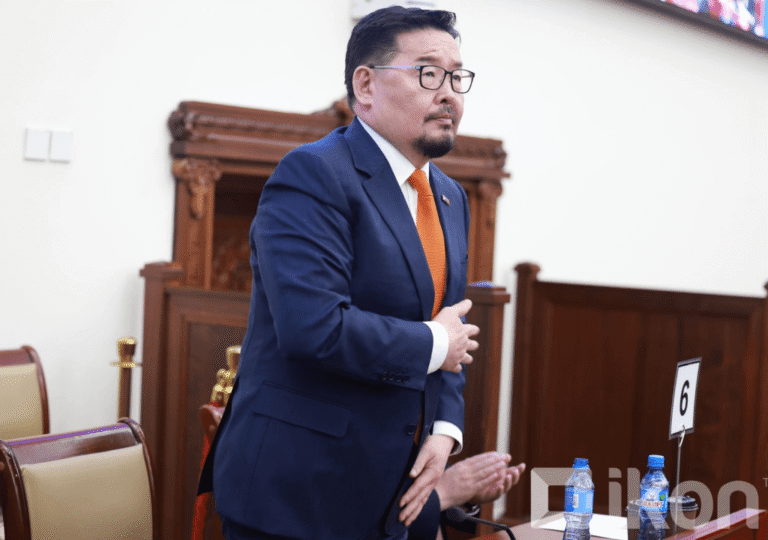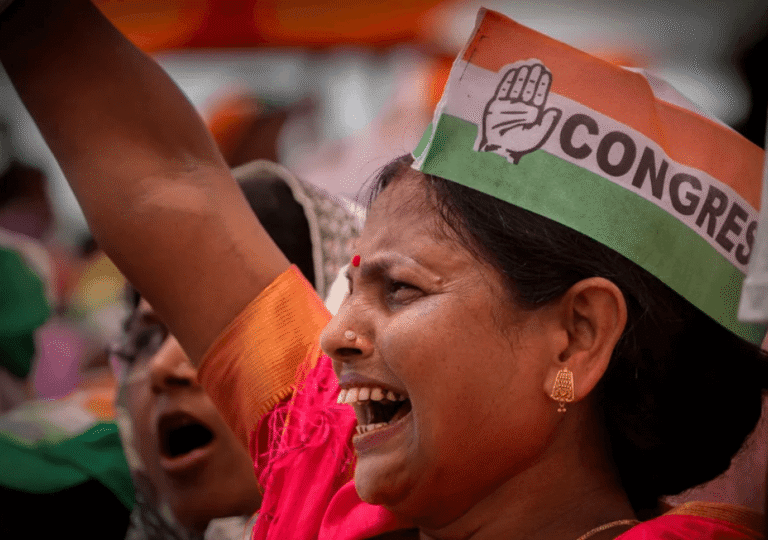The Beijing-leaning Hong Kong Parliament unanimously approved the new national security law (NSL), which is frequently referred to as Article 23. This quick-moving legislative process took place over a very short 12-day period, followed by a shorter one-month public consultation session. This surge in restrictions on basic liberties exposes a troubling trend in Hong Kong towards greater authoritarian control and poses a major danger to the region’s much-loved autonomy. Opponents of the NSL, democratic countries, and international media argue that it ushers in a “New Era of Authoritarianism”, exacerbating the denial of citizens rights and liberties through the imposition of severe punishments.
Chinese Authorities point to the need to “Close Loopholes” and stop the disturbances that occurred in 2019 as a result of the police using excessive force to justify the need for the new law. They claim that the overwhelming majority of public responses have been positive, dismissing a significant portion of negative ones on the grounds that they are the result of “Overseas Anti-China Organizations” or runaways.
The implementation of a stringent national security law (NSL) is undoubtedly a setback for Hong Kong’s desire for autonomy and its loss of identity. This law, which is seen as a major shift from the “One Country, Two Systems’ ‘ structure that formerly defined the region’s governance. With its expansive scope and wide-ranging authority, the NSL changed Hong Kong’s legal landscape.
The 2020 NSL, the predecessor of Current NSL has already ensnared notable individuals in legal processes, including former Legislative council members and well-known campaigners like Jimmy Lai and Joshua Wong. Treason and sedition charges will carry harsher punishments, including the possibility of life in jail in the new NSL. There are also worries regarding due process because it is anticipated that procedures for detention without charge would be greatly expanded.
The NSL’s expansive interpretation is especially concerning since it can apply to seemingly innocent behaviors like possessing previous issues of the pro-democracy journal Apple Daily. These behaviors could now be considered legal infractions, disqualifying anybody from bringing up a “Reasonable Defense”.
The UN and western countries have come under fire from China for their criticism of Hong Kong’s hastily passed national security bill, which was pushed through the city’s pro-Beijing legislature this past week. When the US, UK, Australia, Japan, Canada, and UN expressed their worries, Beijing’s ambassadors dismissed them. Asserting that the new rule is “Legitimate, Lawful, and Beyond Reproach”, China’s ambassador to the US, Liu Pengyu, emphasized that it targets “A tiny minority of individuals involved in offenses that seriously jeopardize national security” Liu refuted American criticism by citing a plethora of domestic national security legislation, and gave the assurance that the bill will adequately protect the regular operations of foreign organizations, businesses, and individuals.
Lin Jian, a spokesman for the foreign ministry, declared that China’s leadership vehemently condemns any countries or organizations that disrespect the Hong Kong national security action. Lin argued that the law upholds the fundamental principle of upholding and honoring human rights by ensuring the protection of the freedoms and rights enjoyed by Hong Kong residents.
Although the governments of China and Hong Kong guarantee the security of businesses, a number of business associations have voiced apprehensions regarding the expansive definitions presented in the recently enacted legislation, namely with respect to state secrets and espionage. The European Union warned of the law’s major repercussions on the operations of its office in the city, as well as those of other organizations and businesses, and highlighted concerns about the law’s potential impact on Hong Kong’s long-term appeal as an international commercial hub in a statement.
Once hailed as Asia’s most cosmopolitan hub and a key global financial center, Hong Kong now grapples with perceptions of closing its doors due to fresh national security regulations. The city faces the delicate task of bolstering security while preserving its stature as a global powerhouse. Despite efforts such as the introduction of new visa schemes, reduced property stamp taxes, and hosting major international events post-pandemic and amid a crackdown on pro-democracy movements, these initiatives have predominantly favored mainland Chinese nationals. Consequently, whispers of multinational corporations discreetly relocating operations to Singapore have surfaced in recent months.








